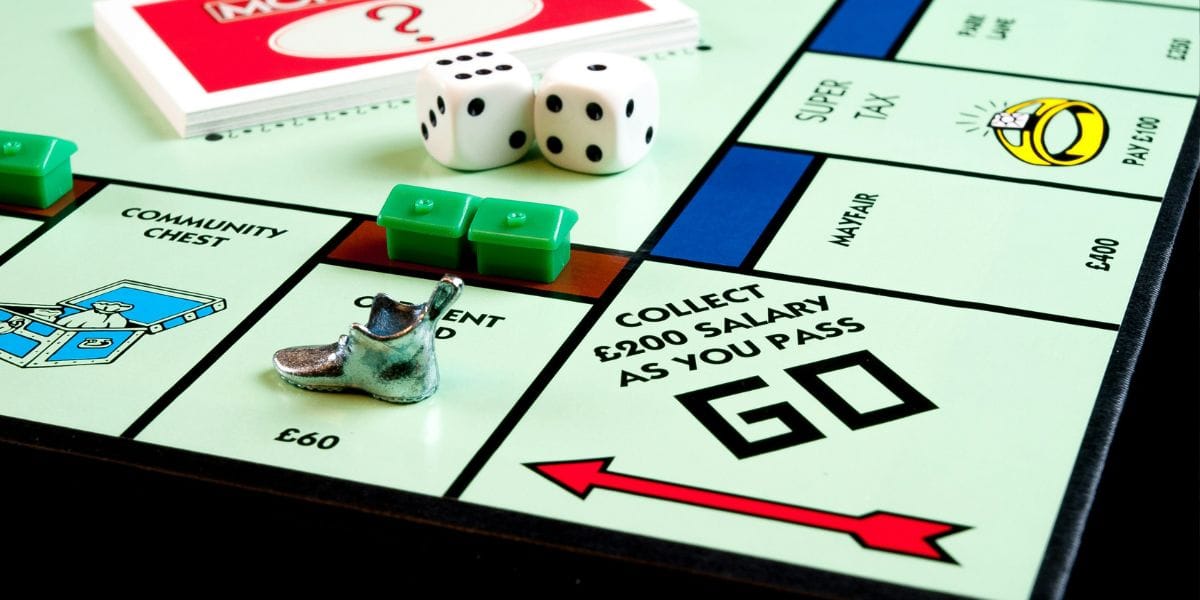It can be hard to save money when you have limited resources. A lot of the financial advice we’ve seen on saving is based around the ‘spend less, make more’ line of thinking.
While that could help improve your situation, it’s not always something you can make happen. That’s why we’ve put together a list of steps you might be able to take now to help you essentially do the best you can with what you’ve got.
Track your spending
Even people who make a lot of money can find themselves living paycheck to paycheck if they don’t pay attention to their spending.
When you have a lower income, it’s all the more important to know where your money is going. Small, mindless purchases can quickly add up and make a difference when every dollar counts.
We suggest you start keeping a record of all your spending. After a month or so, you should have a pretty good idea of where your money is going. That’s when you can start looking for the areas where you can cut down your spending.
Make sure you’re getting your entitlements
Are you entitled to child support, income support payments, or other benefits? If you’re not sure, or you think you’re not getting your full entitlements, contact the Department of Human Services. They have different support options for people searching for jobs, students, families, and people living with disability/illness, so it’s worth checking out.
Manage your bills
Bill shock can be scary. Have a look at your past bills and make a note of your average spend. Write that amount in your calendar or diary, and make a note of when the next bill should be coming. That way, you can consider putting a little money aside every paycheck, so you’re ready.
You can also do this for events such as anniversaries or birthdays, or any occasion where you know in advance that it’d be good to have some extra cash on hand.
You can also contact your energy provider and ask about something called bill smoothing. With bill smoothing, your bills will be “smoothed out” so you are paying the average amount, rather than having a small bill one month and a large bill the next month.
Tackle your debt
If you’ve got debt, and especially if you’ve got more than one type of debt, it can be hard to even consider saving money. And there are many schools of thought on whether you should tackle your debt, start building your savings, or try and work on both at once.
Regardless of which track you go down, you should be working on meeting your minimum payments at the very least. Until you’ve busted that debt, you probably won’t be able to reach your true savings potential.
Get some free advice
Managing your money can seem almost impossible when you don’t understand how it works. While financial advisors can be quite expensive, there are also some places you can turn to for free advice. The earlier you get help, the more options you’re likely to have. You can call the free National Debt Helpline anytime between 9:30am and 4:30pm weekdays on 1800 007 007.
The ASIC MoneySmart website has a map where you can find free financial counselling by suburb. If you’re more remote, you can access a Rural Financial Counselling Service on 1800 686 175. You can also check out Legal Aid for some free advice.



